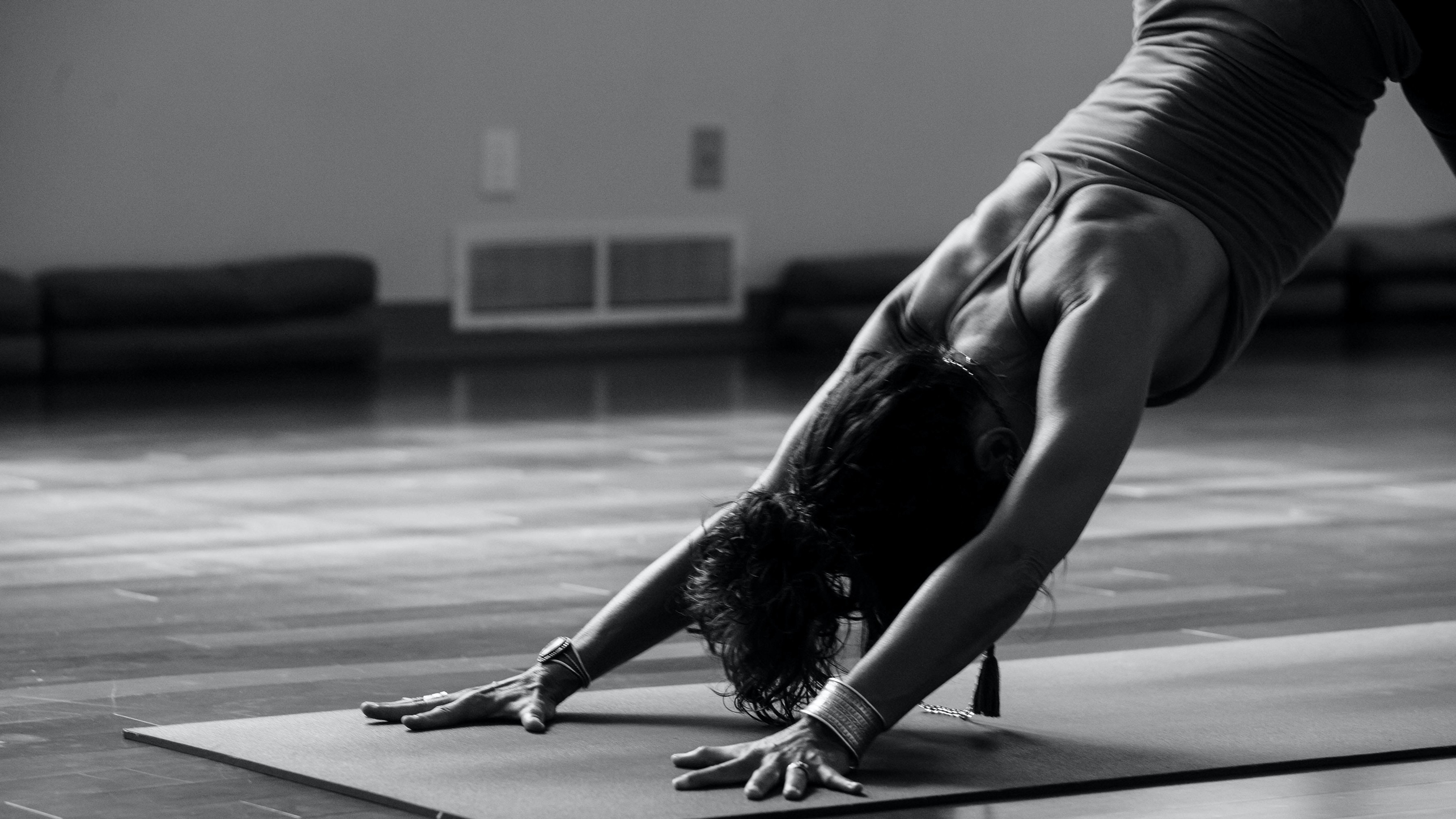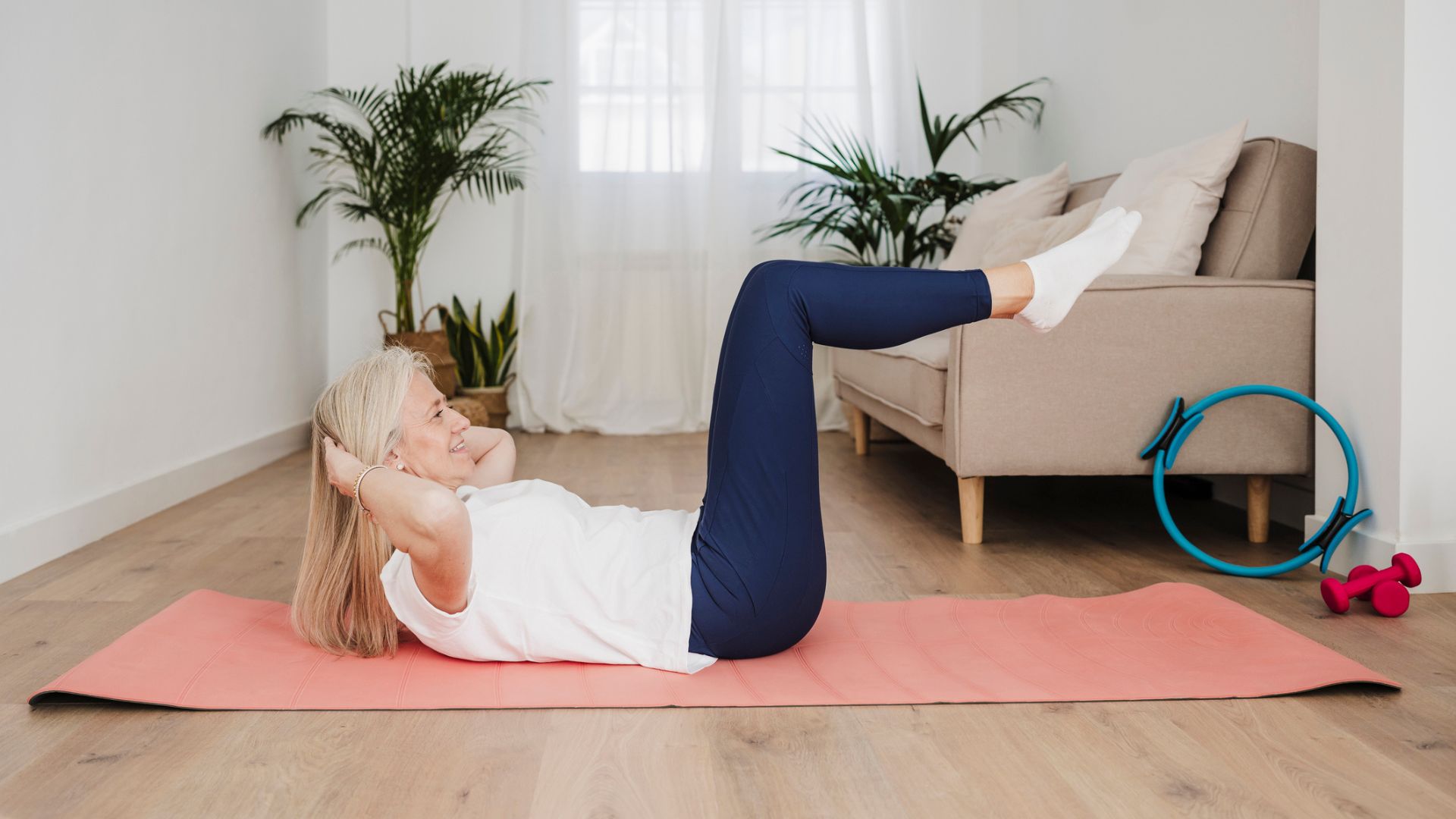How working out changes our brain (and helps us fight depression)
New research says brain neuroplasticity is heightened by exercise, helping us learn as well as fight depression symptoms


Why do you exercise? Is it because you want to get fitter, stronger, or better at a particular sport? Do you want to look better? Or maybe it's because you want to simply feel better about yourself?
Whatever your reasons, the end result is an improvement in all of the above. Whether you're lacing up to go to the gym and beat your previous personal best in the weights room (if so, the best workout shoes guide might be for you) or you're deep into a yoga practice, the science is clear: physical activity makes us feel better, helping us fight the symptoms of anxiety and depression.
Until recently, we weren't sure quite why this was the case, but the benefits of exercise in countering depression have recently been confirmed by a study from the Ruhr-University Bochum. Researchers found physical activity works to combat negative moods in two ways. It both reduces the symptoms of depression by secreting serotonin and lowering the production of cortisol, but it also makes the brain more susceptible to change.

The brain's ability to change, or 'neuroplasticity', is said to be much lower in people with depressive symptoms, which is why it becomes difficult for people with severe depression to make positive changes in their lives. However, following a programme of physical activity, researchers found the participants' neuroplasticity levels were elevated to the same values as healthy people.
Dr. Karin Rosenkranz, study lead author, said: "The results show how important seemingly simple things like physical activity are in treating and preventing illnesses such as depression.
"The more the ability to change increased, the more clearly the clinical symptoms decreased. This shows that physical activity has an effect on symptoms and the brain's ability to change."

Top three exercises to combat depression symptoms
- Lifting heavy weights. Harvard found people with moderate depression who lifted heavy three times a week saw serious improvements in their mood. There's nothing more satisfying than successfully lifting something heavy. You don't even need to go to the gym to get started: check out our best adjustable dumbbells guide for more.
- Running. Whether you're hitting the roads or out on the trail, running has the ability to get us outdoors, which can work wonders for our mental health according to several studies. Combine the calming effect of nature by running out near a body of water, with the endorphin rush of the runner's high, and you'll be beating back symptoms before you know it.
- Yoga. Combining mindfulness practice with dynamic movements and slow, satisfying stretches, yoga of all kinds has been proven time and time again to improve mood, boost overall health including strength, cardiovascular health and flexibility. Not sure where to get started? Try our 30-minute follow-along yoga for happiness routine below, filmed by Cat Taylor exclusively for Fit&Well.
Watch our follow-along yoga session here:
Get the Fit&Well Newsletter
Start your week with achievable workout ideas, health tips and wellbeing advice in your inbox.
Matt Evans is an experienced health and fitness journalist and is currently Fitness and Wellbeing Editor at TechRadar, covering all things exercise and nutrition on Fit&Well's tech-focused sister site. Matt originally discovered exercise through martial arts: he holds a black belt in Karate and remains a keen runner, gym-goer, and infrequent yogi. His top fitness tip? Stretch.
-
 I'm a personal trainer and I've been using this routine to build functional core strength for over 20 years
I'm a personal trainer and I've been using this routine to build functional core strength for over 20 yearsBorrow this quick drill for your next core finisher
By Sam Rider
-
 These are the exercises that actually help shin splints, according to a kinesiologist
These are the exercises that actually help shin splints, according to a kinesiologistIf you run a lot you need to try these moves
By Maddy Biddulph